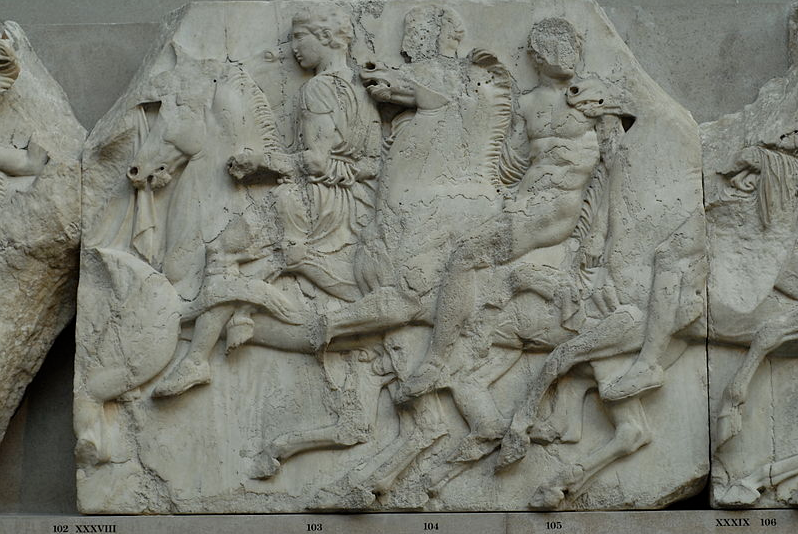Ancient curses are most popularly associated with Egyptian mummies, their tombs, and their grave goods. In reality, however, people may associate ancient curses with just about anything, including mundane objects such as projectiles, known as ballista stones, that had been fired from ancient Roman artillery pieces. Indeed, in the wake of the Covid-19 pandemic in 2020, a rather bizarre piece of news has been reported in Israel in which a ballista ball was returned to the authorities 15 years after it was stolen. Why was this particular ballista stone considered to be cursed?
The Story Of The Most Recent Cursed Ballista Stone
In March 2020, it was reported that a stolen ballista stone had been returned to the Israel Antiquities Authority. The artifact had been returned by an anonymous person via an intermediary by the name of Moshe Manies. According to Manies, the thief who stole the ballista stone committed the theft in 2005, when he was a teenager.
At that time, him and his friends were touring a display of ballista stones at the Jerusalem Walls National Park in the City of David. It is believed that these ballista stones were used by the Romans when they were besieging Jerusalem in 70 AD, as part of the First Jewish-Roman War, known also as the Great Jewish Revolt .
A man was banned from Yellowstone after trying to fry chicken in a hot spring
Turkish models desecrate Greek Orthodox cemetery in Occupied Cyprus
In the 15 years that followed, the boy grew up, got married, and had a family. The theft of the ancient artifact , however, weighed heavily on the man’s heart. In a way, he felt as if a “curse” had been put on him.
One day, as the man was cleaning for Passover, he came across the stolen artifact. At the same time, the Covid-19 pandemic stirred in the man an apocalyptic feeling. As a consequence, he decided to clear his conscience by returning the ballista stone to the authorities.
Read more: ancient-origins


































